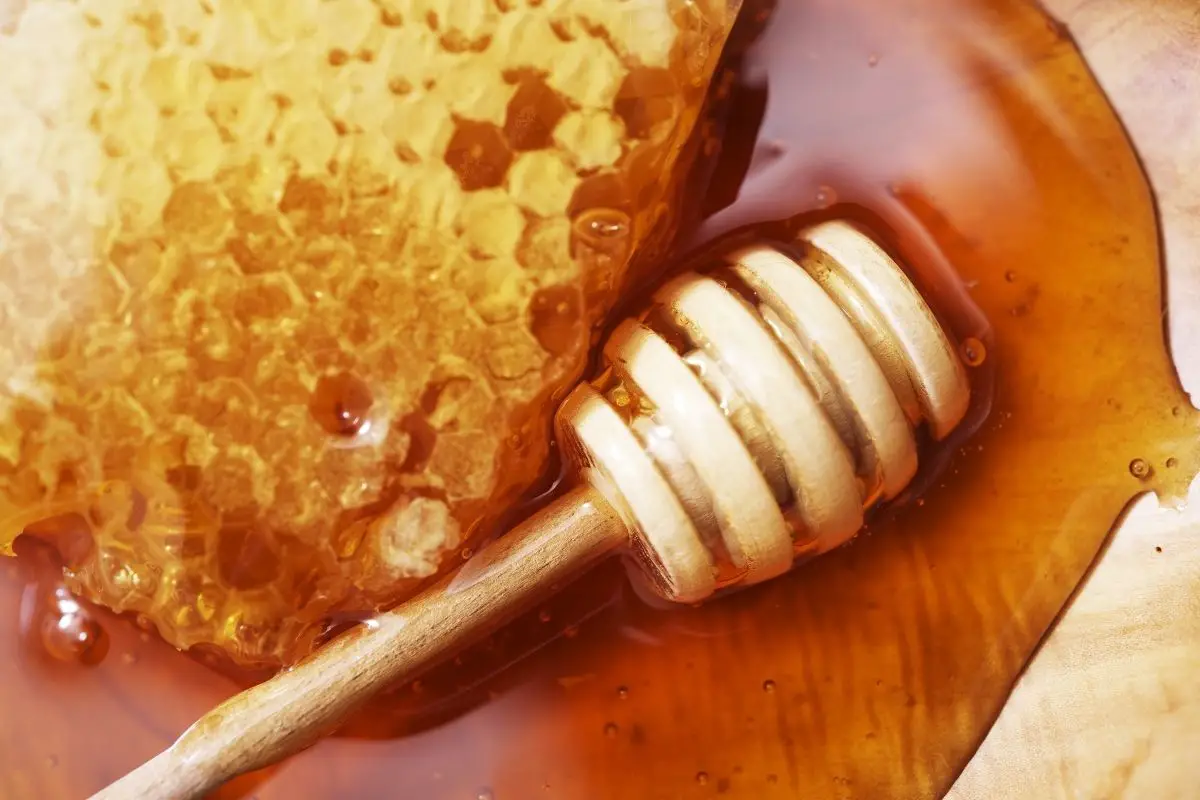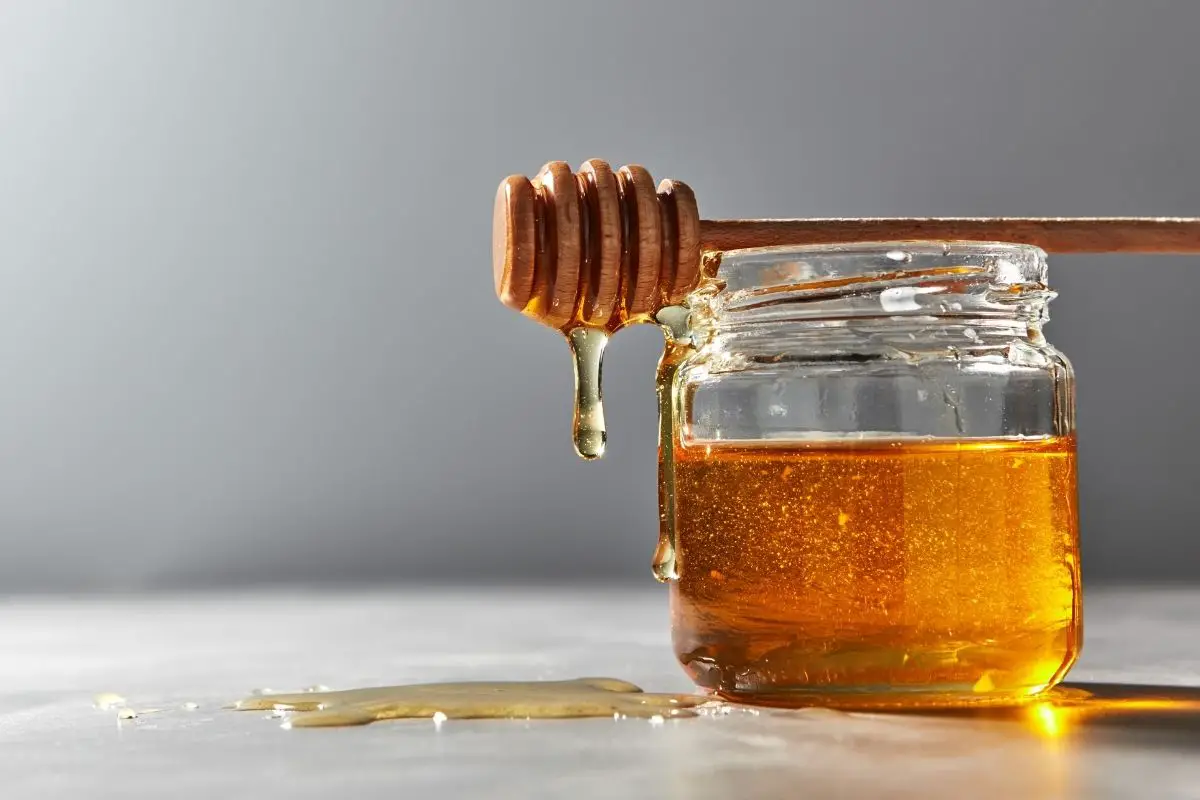Honey has long been touted as a natural sweetener, but did you know it also has health benefits? Honey contains antioxidants, minerals, vitamins, and enzymes that promote good digestion, boost immunity, and even fight cancer.
Honey is a natural sweetener that comes from bees collecting nectar from flowers. The type of honey you choose depends on where it was produced. Raw honey is unprocessed and unfiltered, whereas pasteurized honey is heated during processing.
While some studies show that honey does raise blood sugar levels, other research shows that honey has no effect on blood glucose or insulin levels. This means that honey can be used as part of a low-carb diet without worrying about hypoglycemia.
But is honey keto-friendly? Keep on reading to find out more!
Is Honey Keto Friendly?
The Ketogenic diet follows a low-carb, high-fat intake in the same veins of diets like the Paleo and Atkins diet.
It promotes weight loss by keeping your body burning fat instead of carbohydrates for energy. This makes it an effective tool for people who are looking to lose weight fast.
By restricting the amount of carbohydrates you consume, the keto diet forces your body into using ketone bodies to burn fat.
Ketones are created when you don’t get enough carbs in your system. When your body starts producing ketones, your brain uses them as its main source of fuel.
The short answer and the long answer to honey being keto friendly is no, it’s sadly not keto friendly. Whilst honey contains carbs, a substance that all keto adherents are sworn off, this doesn’t make it bad for you in moderation.
What Is The Best Type Of Honey For You?

Raw honey is considered “raw” because it hasn’t been processed in any way. It may have been filtered through a mesh screen, which removes pollen and bacteria while preserving nutrients. However, this process doesn’t remove all the enzymes and antioxidants found in raw honey.
Raw honey is often sold in small jars or squeeze bottles, so it’s easy to use anywhere you need a little extra sweetness. If you prefer a sweeter taste, look for honey labeled “light grade” or “extra light grade.” These honeys are lower in calories than darker grades.
Pasteurized honey is heat treated during processing to kill harmful microorganisms like mold and yeast. This makes it safe to consume, but it loses many of its nutritional properties.
If you want to avoid added sugars, opt for 100% pure honey instead of honey blends. Pure honey is made by removing water from the honeycomb before harvesting. When you buy honey, make sure the label says “100 percent pure honey” or “non-blended.”
How Much Should I Eat?
According to the Mayo Clinic, people who follow a healthy lifestyle should aim to get 10 grams of honey per day. That’s equal to 1 tablespoon (15 milliliters) of honey spread over 2 tablespoons (30 milliliters) of yogurt or milk.
However, if you’re looking to lose weight, you might want to limit yourself to 5 grams of honey per day, which is equivalent to 1 teaspoon (5 milliliters).
You can also enjoy honey as an ingredient in recipes. For example, try adding a spoonful to your morning oatmeal or using it to flavor pancakes or waffles.
Benefits Of Eating Honey

Antioxidants
Antioxidants are compounds that protect cells against damage caused by free radicals. Free radicals are unstable molecules that cause cell damage when they react with proteins, fats, and DNA.
Free radicals are produced naturally in our bodies, but excessive amounts can be generated by certain environmental factors such as smoking or pollution.
Some studies suggest that consuming antioxidant-rich foods can reduce the risk of developing chronic diseases, including cancer and heart disease.
Heart Health
Research shows that eating honey regularly could help improve blood pressure, cholesterol levels, and triglycerides. In addition, honey has been shown to boost immune function and fight infection.
Brain Power
In one study, researchers gave rats a sugar solution containing either glucose or fructose. The animals that drank the fructose solution had higher levels of dopamine, serotonin, and norepinephrine — three neurotransmitters involved in mood regulation.
Digestive Health
The antibacterial effects of honey may help maintain digestive health. Some research suggests that honey helps prevent diarrhea and constipation. All in all, eating a small amount of honey is said to improve the health of your digestive system.
Skin Care
Honey contains natural moisturizers called glycoproteins that promote skin elasticity. It also acts as a mild exfoliator, helping slough off dead skin cells.
Weight Loss
A recent study found that drinking just two teaspoons of honey daily helped overweight adults burn up to 9 more calories per day compared to those who didn’t drink any honey.
Tooth Decay Prevention
Honey is acidic, so it inhibits the growth of bacteria that causes tooth decay. A 2016 review published in the Journal of Nutrition found that children who ate honey were less likely to develop cavities than kids who did not eat honey.
Conclusion
Honey is a versatile sweetener that can be used in many ways. If you have diabetes, use it sparingly to avoid hypoglycemia. However, for everyone else, it’s safe to consume in moderation.
Whilst it isn’t keto friendly as it contains carbs, honey does have some excellent health benefits when consumed in moderation.
If you’re strict with your Keto diet, the bottom line is to avoid honey, as it will prevent you from getting ketosis. But, there is no denying the clear benefits of eating some honey every now and then!



